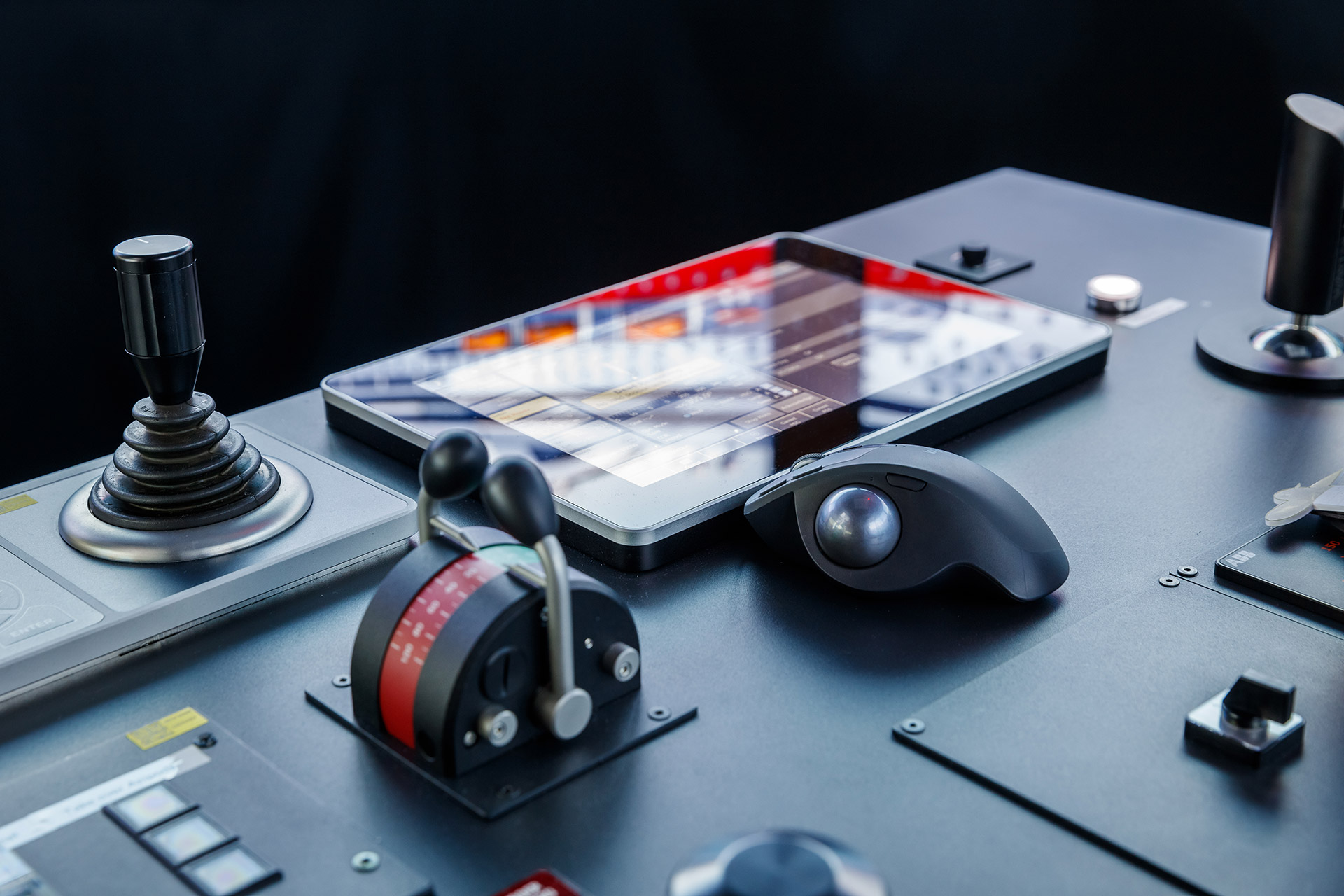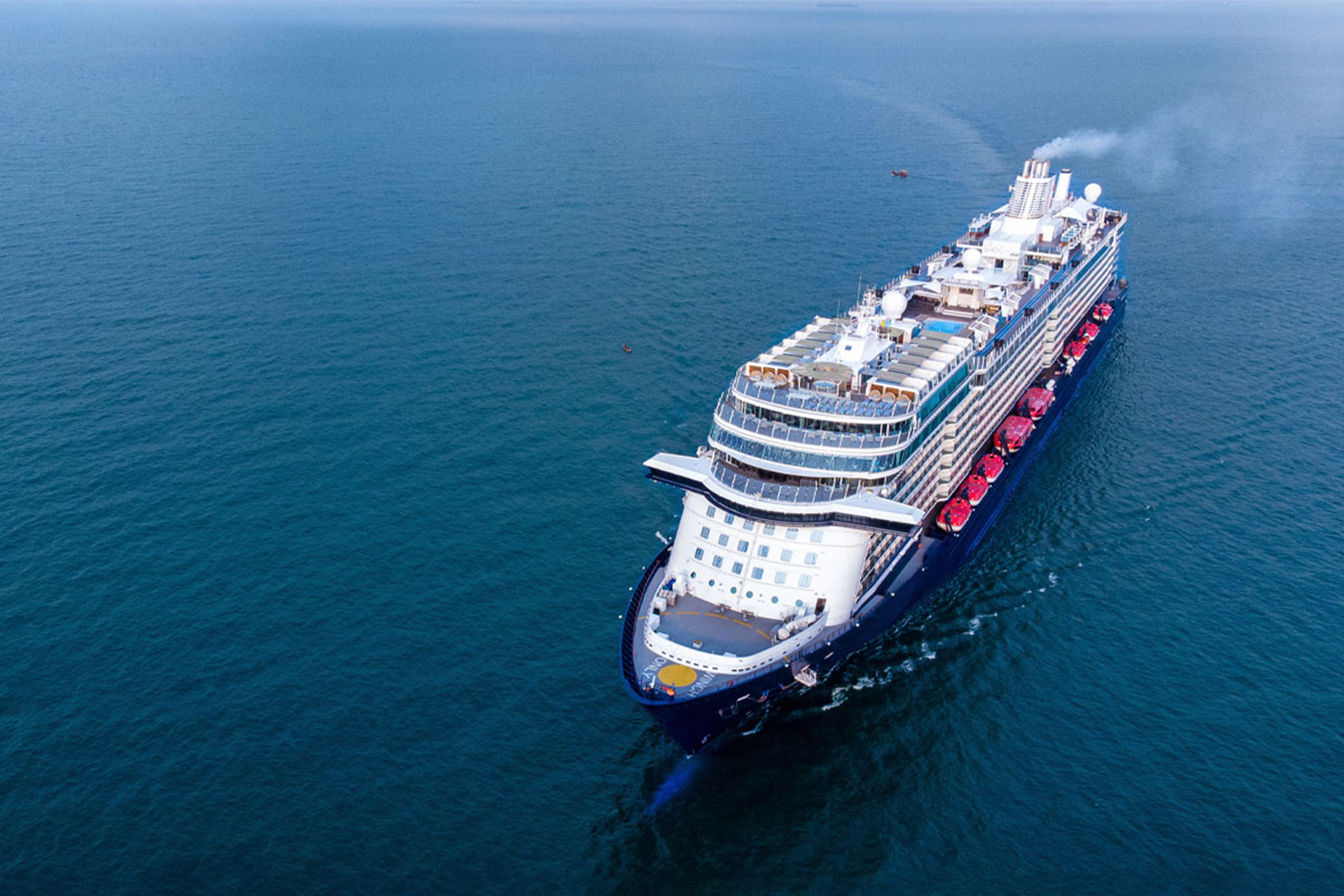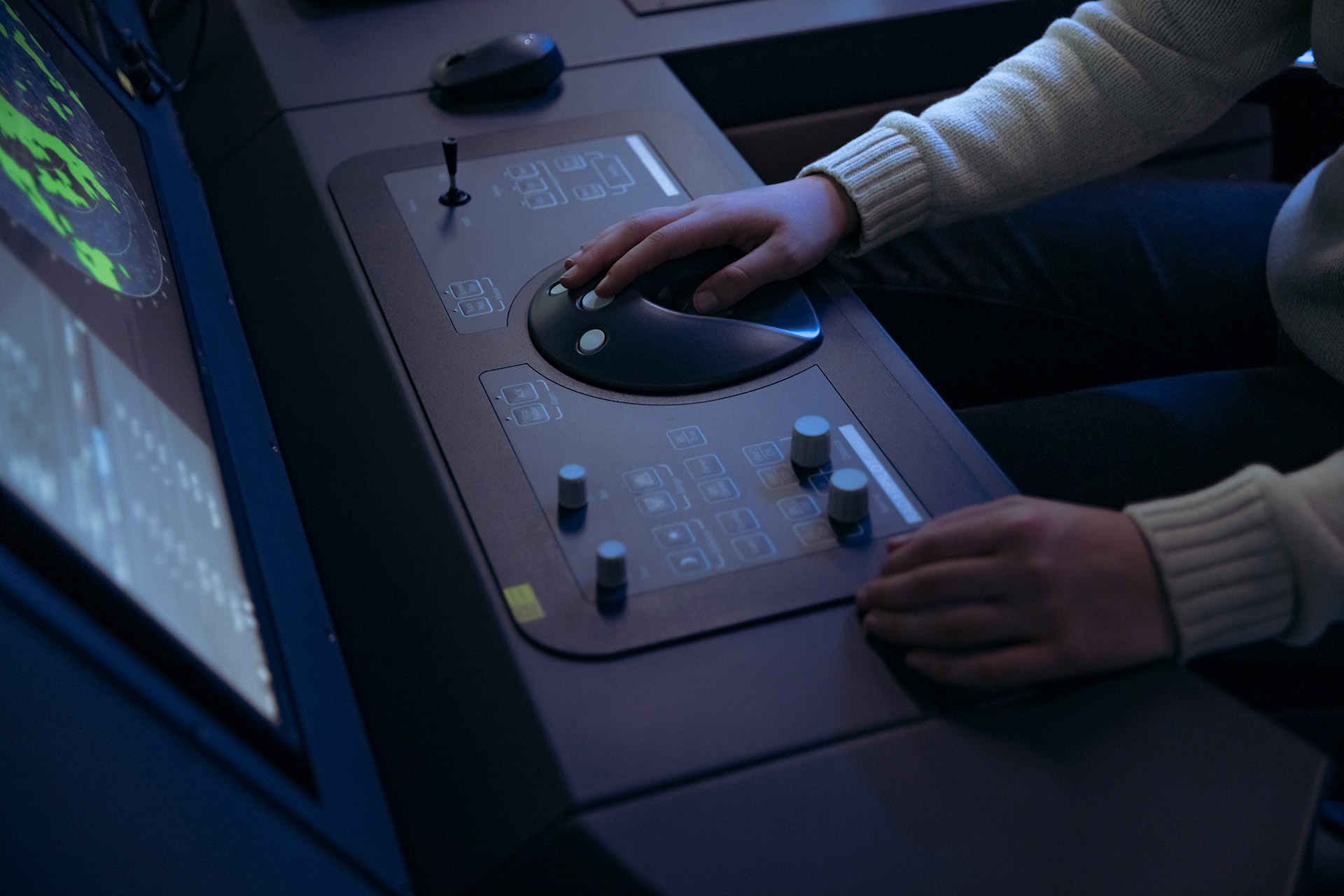Our R&D experts will help you to simulate different scenarios in order to optimize or further study issues like situational awareness, human factor and safety analysis. Our services include operational efficiency analysis (e.g. alerting when the ship’s operational limits will be exceeded), simulations and optimization of specific and generic processes like pilotage, port call, loading of dry bulk, ship handling, human performance, ship interactions, traffic scenarios; workflow and task analysis.
Maritime operational analysis
Simulations and optimizations
We provide a wide range of simulations within specific and generic processes. These simulations can be an efficient way to test different case scenarios in order to optimize, or further study, certain issues like human factors. We provide a technical, human, and operational simulation all-in-one environment without the need for multiple integration. We use state-of-the-art interfaces, software development kits, and real data. Our Ship bridge simulators are made of consoles and equipped with the same instrumentation found on real ships, so you can simulate your chosen process in a real-environment.
Examples of simulations and optimizations:
- pilotage
- port call
- loading of dry bulk or ship performance
- ship system operations
- ship handling
- human performance
- ship interactions
- traffic scenarios
- maritime traffic management
- ship systems

Operational Efficiency
With the help of simulations, we can provide services that can determine the operational efficiency using mathematical models & algorithms, for example, voyage optimization algorithms. Or provide you with the operational limit analysis, e.g. alerting when the ship’s operational limits will be exceeded.
Workflow / task analysis
We can look at your processes and improve them. It means evaluating how each task is completed and then finding ways to improve the process. This can include automating tasks, eliminating unnecessary steps, or redesigning the workflow altogether.


Human factors and human analysis
”Human factors refer to environmental, organisational and job factors, and human and individual characteristics, which influence behaviour at work in a way which can affect health and safety”
Since it is widely accepted that human error accounts for 80–85% of all marine accidents, it is important to find and influence human factors categories, so the number of marine accidents could be reduced and shipping safety improved in general.
Remote pilotage and remote vessel(s) monitoring
Testing from ship to shore. Monitoring and control of vessels from shore stations is a rising trend in the maritime industry. We offer a test bed also for ship-shore interactions – how to set up the test bed, what kind of interfaces are needed and how to operate with different communication systems and in different situations.


We are here to provide you R&D expertise so you can focus on business
Let’s discuss how we can help you!

Stay updated with Aboa Mare
Subscribe to our newsletter and get the latest on degree programmes, upcoming courses, industry news, events, and inspiring stories from students and maritime professionals — all delivered to your inbox.

